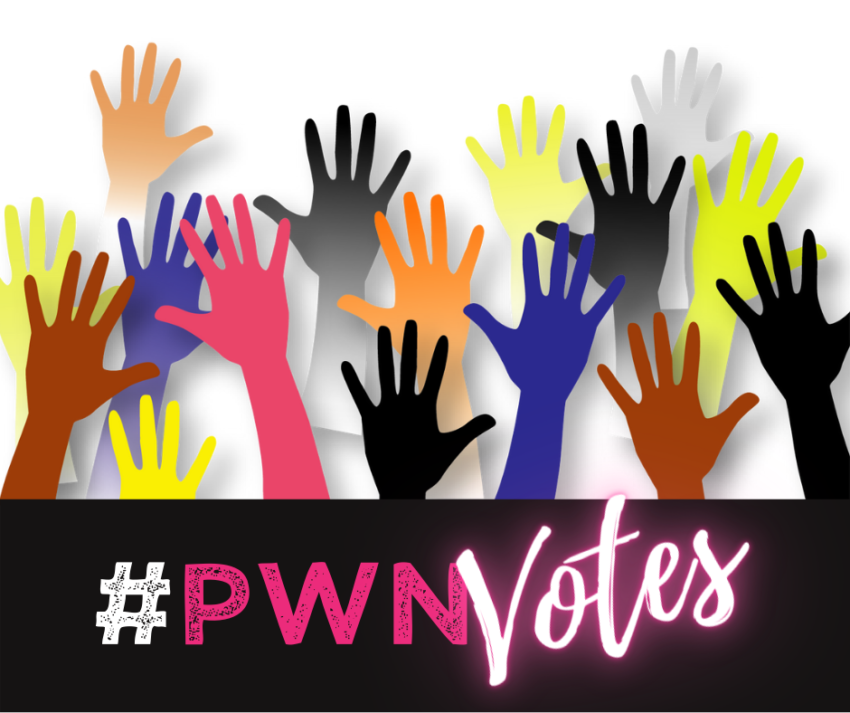Part 1. Preparing the Vote: Registering Voters & Removing Barriers to Voting

You can also check your voter registration status here or sign up to receive an absentee (mail) ballot.
Remember to check the voter registration deadlines, which are different in each state. Click here to find the voter registration deadline in your state and additional information, such as when registration forms must be postmarked, as well as links to states’ online voter registration forms, where available.
Supporting your sisters and allies in exercising their right to vote is a critical way you can amplify the voices of women living with HIV this election cycle.
There are many resources geared toward non-profit organizations, such as this resource on filling out and returning voter registration forms, which contain information relevant to anyone registering their self or others to vote. You can also find answers to common questions about registering to vote here.
Consider hosting a voter registration drive. Information about hosting a registration drive can be found online for many states. You can also contact your local elections officials for more information. This Voter Registration Checklist offers some steps to take when planning a voter registration event, such as finding information about voting in your state, recruiting volunteers, setting up tables and chairs, and promoting the event. You can also check out these tips for asking someone to register to vote at a tabling-style voter registration event.
- Early voting, which many states have, allows people to vote early at an election office or another designated location prior to Election Day, without having to provide an excuse for why they are voting early.
- Absentee ballot voting, which all states provide in some form, allows a person to cast their ballot by mail or in-person at a location other than the polling place on Election Day. Like voter registration, the deadlines for early voting and absentee ballots vary from state to state.
Check out the resources below to help ensure that every eligible person in your community is able to exercise their right to vote.
Here you will find a list of resources for citizens for whom English is a second language and who want or need language assistance when voting, such as having their ballot or other election materials in their native language. Also: you have the right to bring a translator/assistant of your choosing with you to the poll to help you cast a ballot (as long as they are not a union representative or your employer)
You cannot be turned away just for being unable to speak/read/write English
The American Civil Liberties Union created this resource to help identify and make reports of voter intimidation.
You can find state-by-state information related to voting for people with disabilities online, including information from national and local disability rights and advocacy organizations, and resources from state agencies.
Section 203 of the Voting Rights Act that requires language assistance in jurisdictions with large low-English proficiency populations.
It is also important to remember that being incarcerated or having a conviction on your record does not necessarily mean that you can’t vote! In fact, there are some states where voting rights are automatically restored when someone is released from prison (but people must re-register to vote!). Laws about voting rights for people with criminal records vary from state to state: click here for an overview of the voting rights of people who are incarcerated, on parole or probation, and/or have a felony conviction in each state. More detailed information can be found here.
You don’t need a permanent address in order to register to vote. Here are links to resources and answers to frequently asked questions about voting while experiencing homelessness.
Webinar: Building Your Voter Universe
Presenters:
Barb Cardell, PWN-USA Colorado
Naina Khanna, PWN-USA
Matt Pagnotti, AIDS Alabama
Evany Turk, PWN-USA


